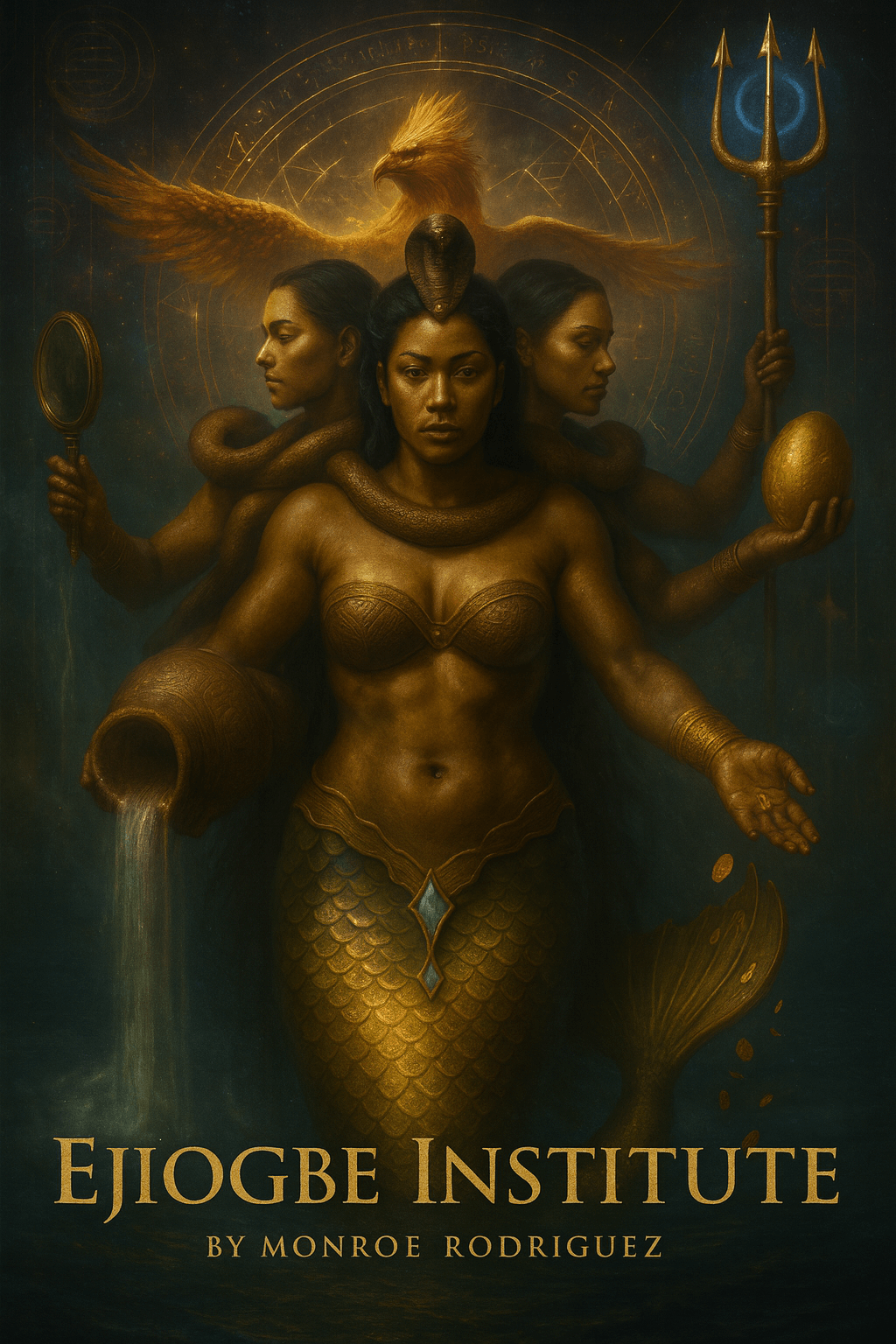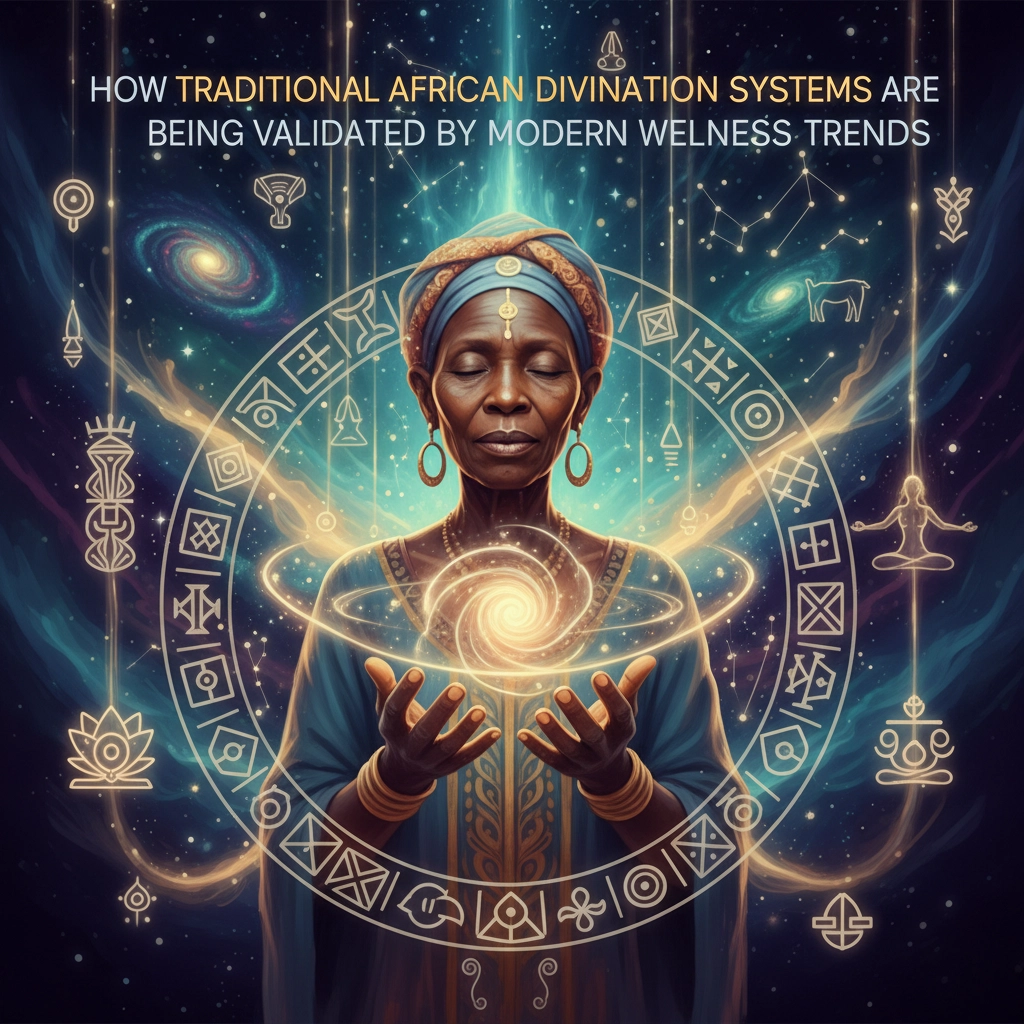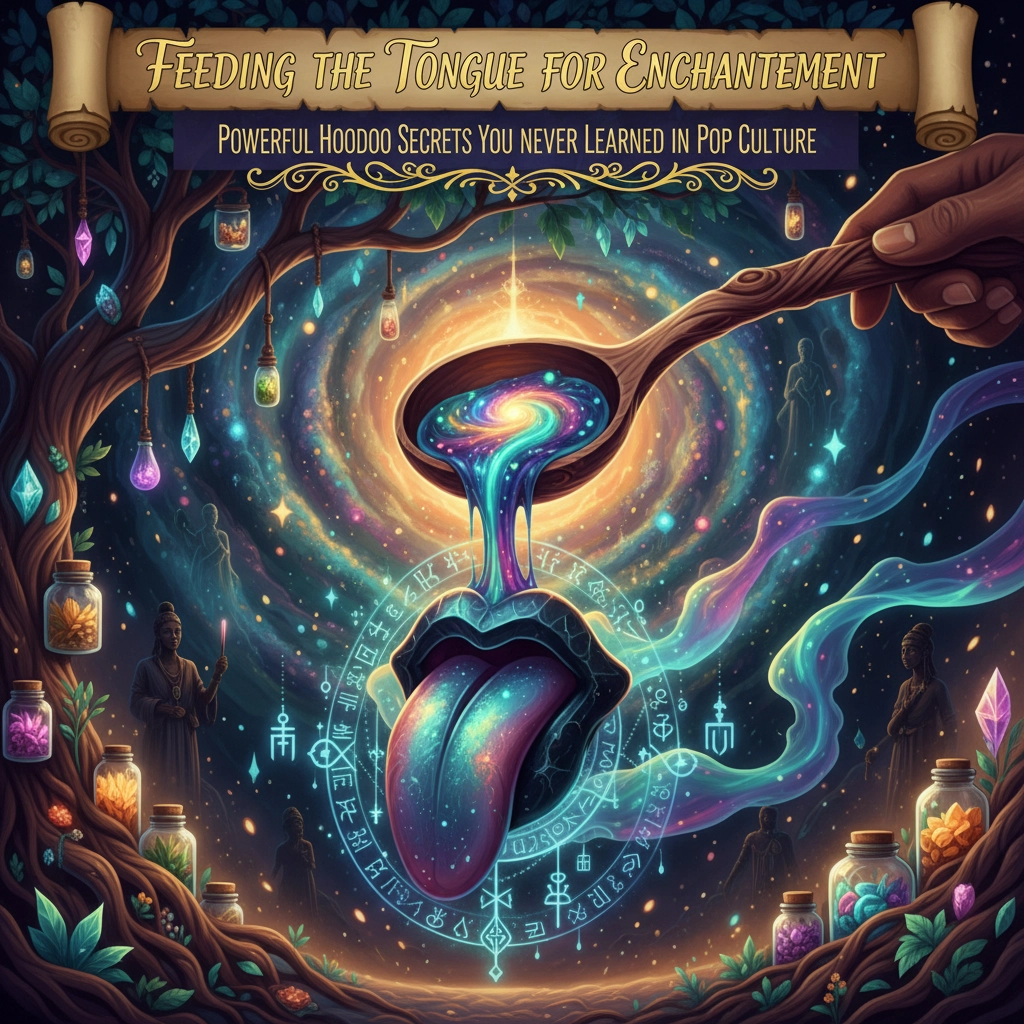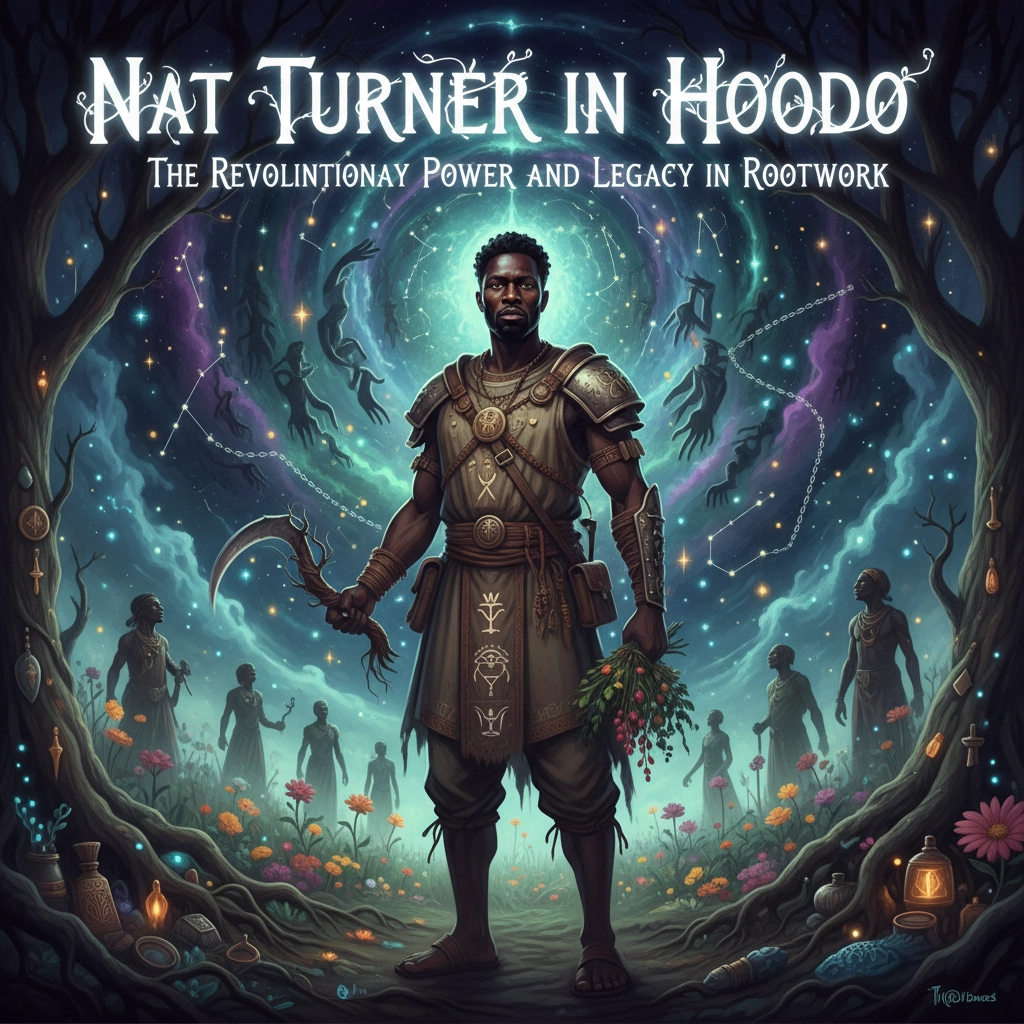What if I told you that the ancient divination systems your ancestors dismissed as "primitive superstition" are now being validated by cutting-edge wellness research? That the cowrie shells, kola nuts, and sacred symbols used by traditional African healers for thousands of years contain therapeutic wisdom that modern psychology is just beginning to understand?
We're witnessing something unprecedented: a complete reversal of scientific dismissal. Where once Western medicine scoffed at divination as mere folklore, today's wellness industry is racing to understand why these practices work so effectively for holistic healing.
The Ancient Wisdom That Never Left
Traditional African divination systems have been the backbone of healthcare across the continent for millennia, functioning as sophisticated diagnostic and treatment protocols that address far more than physical symptoms. In regions like Southeast Nigeria, traditional healers known as Dibia use Ifá divination not just to predict the future, but to diagnose illness and prescribe treatments that simultaneously heal the body, mind, and spirit.
These weren't random practices: they were comprehensive medical systems. Healers underwent rigorous training, often spanning decades, learning to interpret complex symbol systems, understand herbal medicine, and facilitate healing rituals that created profound psychological and physiological changes in patients. The divine selection process itself ensured that only those with exceptional intuitive and healing abilities could practice.
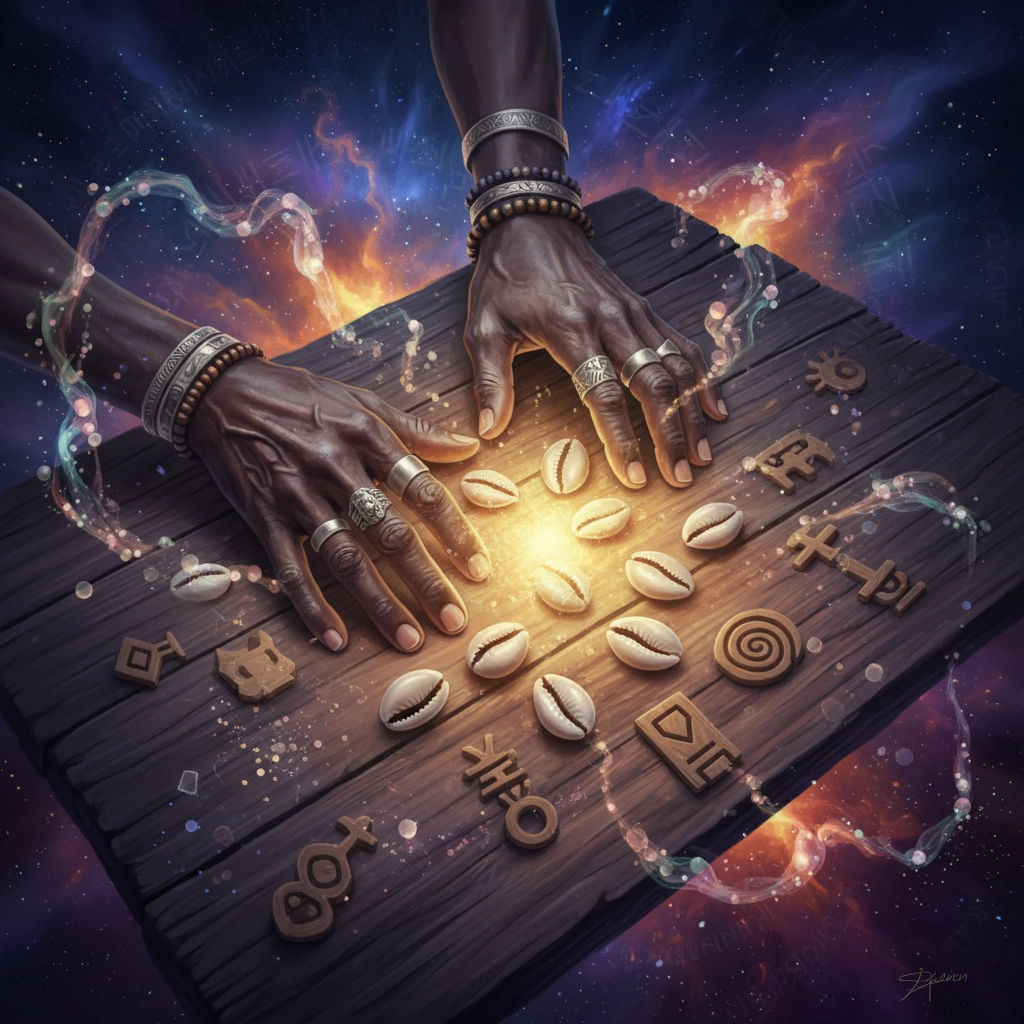
Modern Psychology Finally Catches Up
Here's where it gets fascinating: modern psychology's emphasis on holistic health now directly aligns with principles that African divination systems have embodied for thousands of years. Contemporary wellness research validates what traditional healers always knew: that healing requires addressing the spiritual, emotional, and social dimensions of a person's life, not just their physical symptoms.
The therapeutic process in traditional African medicine represents a holistic experience that creates harmony within individuals and their environment. Patients don't just receive medicine; they participate in rituals, receive spiritual counsel, and engage with their community in ways that modern therapy is now trying to replicate through group sessions, mindfulness practices, and integrative treatment approaches.
What's remarkable is how these ancient practices anticipated what we now call "patient-centered care." Traditional healers understood that the patient's belief system, cultural context, and spiritual needs were central to healing: concepts that modern healthcare is desperately trying to incorporate into sterile clinical settings.
The Scientific Validation Revolution
The validation happening today goes beyond mere acceptance: it's scientific confirmation. Researchers are discovering that divination practices influence patient trust, perception, and response to treatment in measurable ways. The multisensory nature of African divination systems utilizes sophisticated approaches to human psychology that modern therapeutic methods are now adopting.
Consider the principle of "twinning" found in many African divination traditions, where two diviners work collaboratively to ensure better results. This reflects an understanding of collaborative healing that contemporary therapy is embracing through co-therapy models and interdisciplinary treatment teams.
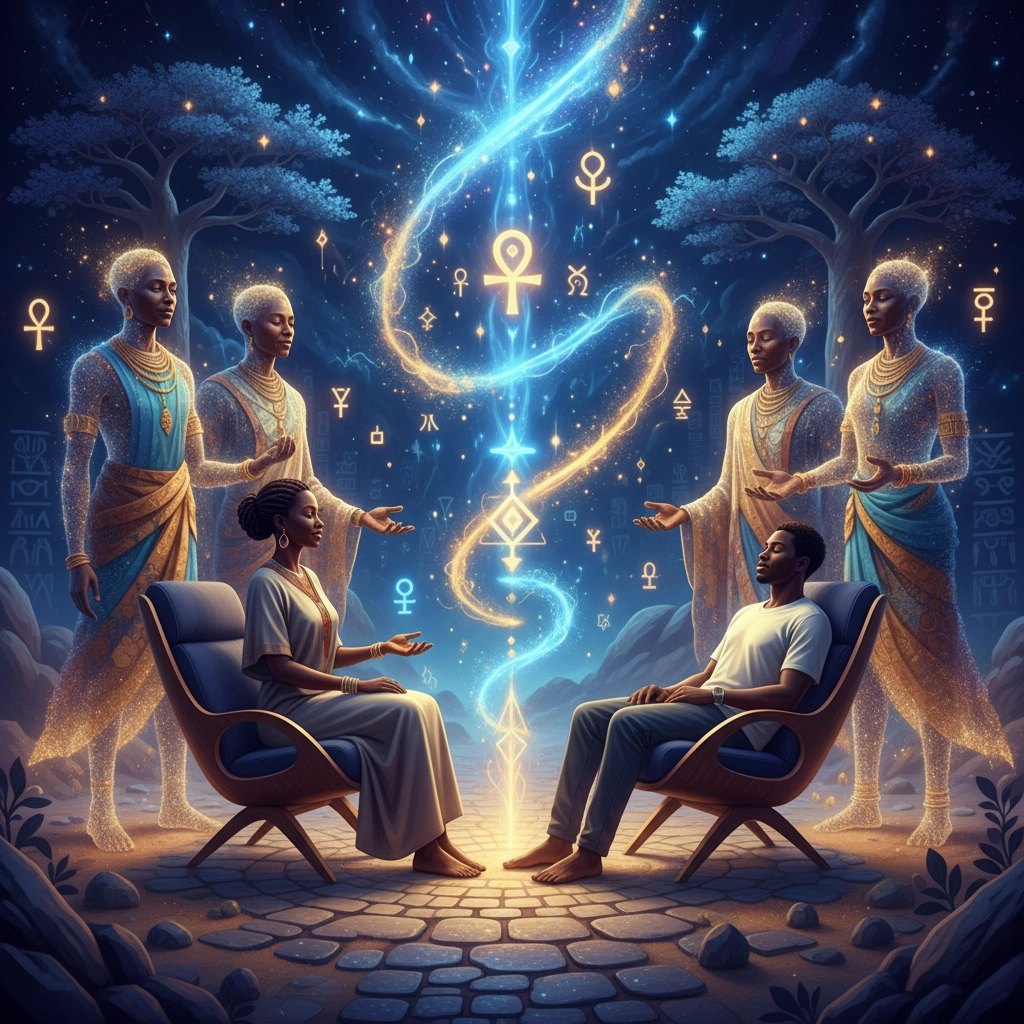
Even more intriguing is how traditional practices like the Senufo principle that "too much talk obstructs the passage of knowledge" aligns perfectly with contemporary mindfulness and meditation research showing the therapeutic power of silence and non-verbal communication.
The Global Wellness Market Speaks Volumes
Money talks, and the global wellness market is shouting validation for African traditional practices. Meditation rituals, spiritual healing methods, and holistic approaches rooted in African traditions have found their way into mainstream wellness markets worldwide, generating billions in revenue.
This isn't cultural appropriation masquerading as validation: it's genuine recognition that these systems work. The universal appeal and efficacy of African wellness practices demonstrate that the principles underlying divination systems resonate across cultural boundaries because they address fundamental human needs for meaning, connection, and holistic healing.
Countries like South Africa and Nigeria have initiated regulatory frameworks to ensure quality control for traditional remedies, while governments across Africa increasingly support research and policy development to integrate these practices into formal healthcare systems.
Where Ancient Meets Digital
Perhaps the most exciting validation is happening in the digital realm. Traditional African healing practices are being enhanced through technology rather than replaced by it. Virtual therapy sessions now incorporate traditional healing elements, online support groups recreate the community-based approach inherent in traditional medicine, and mindfulness applications draw directly from African meditation and spiritual practices.
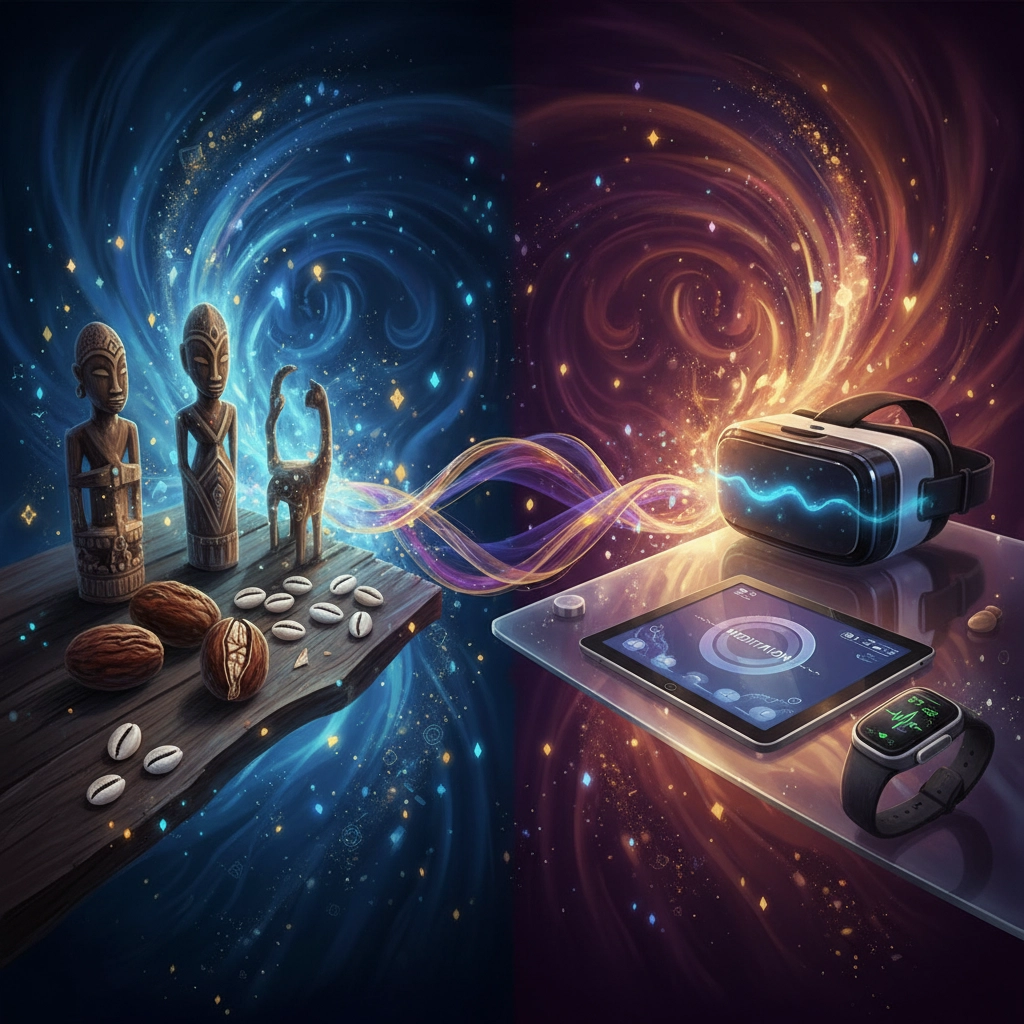
This integration represents something profound: the recognition that healing has always been about creating connections, fostering community, and addressing the whole person. Traditional African divination systems understood this intuitively, while modern wellness is finally catching up with scientific research and technological tools.
The Therapeutic Mechanisms Finally Understood
What makes this validation so compelling is that we're finally understanding the mechanisms that make these ancient practices so effective. Traditional divination systems influence healing through multiple pathways:
They create a sense of agency and empowerment for patients who participate actively in their healing journey. The ritual aspects trigger measurable psychological and physiological responses that support healing. The community involvement provides social support systems that modern medicine recognizes as crucial for recovery.
The spiritual framework offers meaning-making opportunities that help patients process trauma, illness, and life challenges in ways that purely clinical approaches often miss.
Breaking Down the Barriers
The most significant validation comes from the breakdown of the false dichotomy between "traditional" and "modern" healing. Integrative medicine now offers concrete frameworks for combining ancient wisdom with contemporary medical knowledge, creating comprehensive care models that harness the strengths of both approaches.
This isn't about abandoning modern medicine: it's about recognizing that healing has always been multidimensional. Traditional African divination systems provide the spiritual and emotional scaffolding that makes purely physical treatments more effective.
The Future of Validated Ancient Wisdom
We're standing at the threshold of a healthcare revolution where traditional African divination systems serve as foundational knowledge that underpins comprehensive healing approaches. Recent collaborative programs between traditional healers and modern practitioners in East and West Africa demonstrate the potential for integrated care models that serve communities more effectively than either approach alone.
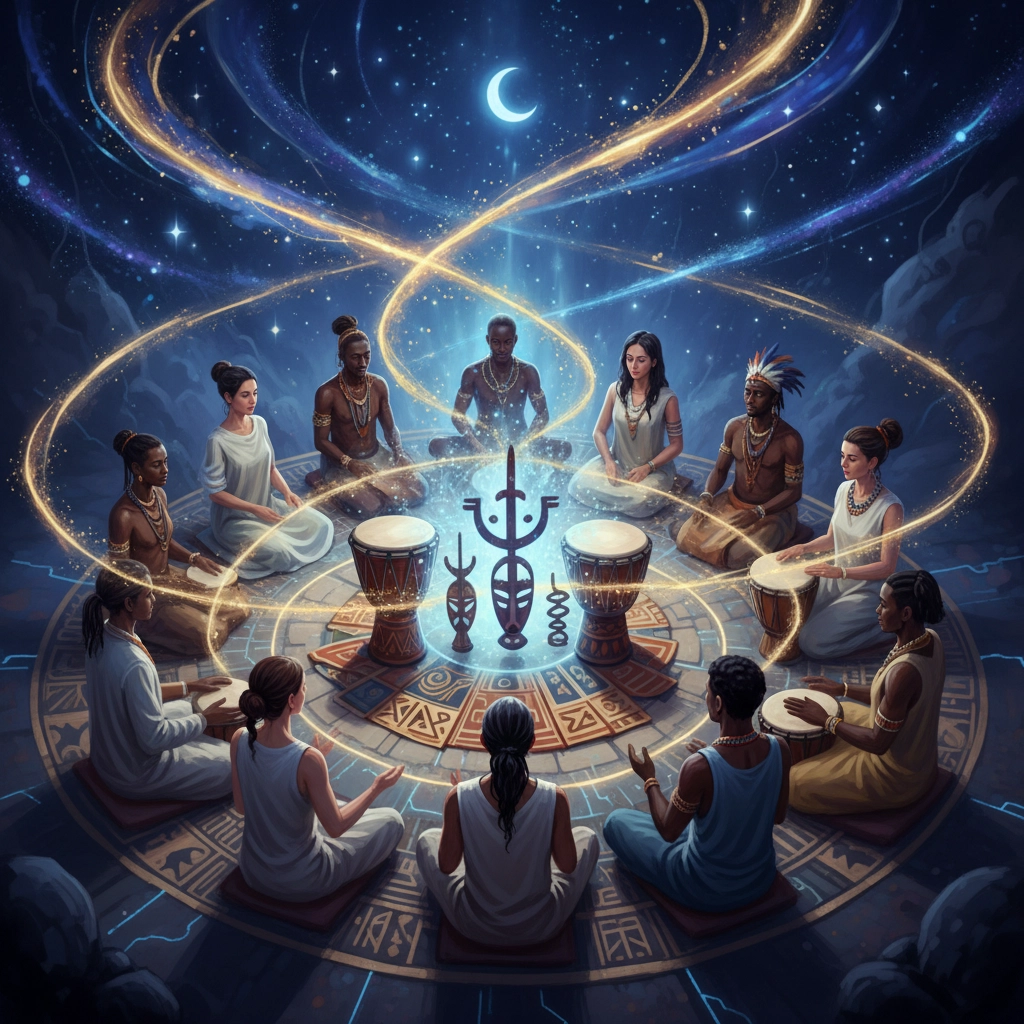
This evolution represents more than acceptance: it's recognition that wellness involves creating harmony between individuals and their environment, a principle that African cultures have maintained for millennia and that modern health systems worldwide are now adopting.
The whispers of ancient wisdom aren't fading: they're finding new life through scientific validation, global recognition, and technological enhancement. Traditional African divination systems are no longer fighting for legitimacy; they're leading the charge toward a more holistic understanding of human healing.
The ancestors knew what we're just rediscovering: true healing happens when we honor the connection between body, mind, spirit, and community. Modern wellness trends aren't just validating these systems: they're desperately trying to recreate what was never truly lost, just temporarily forgotten.
The revolution isn't coming: it's here, and it sounds remarkably like the wisdom our elders have been sharing all along.
